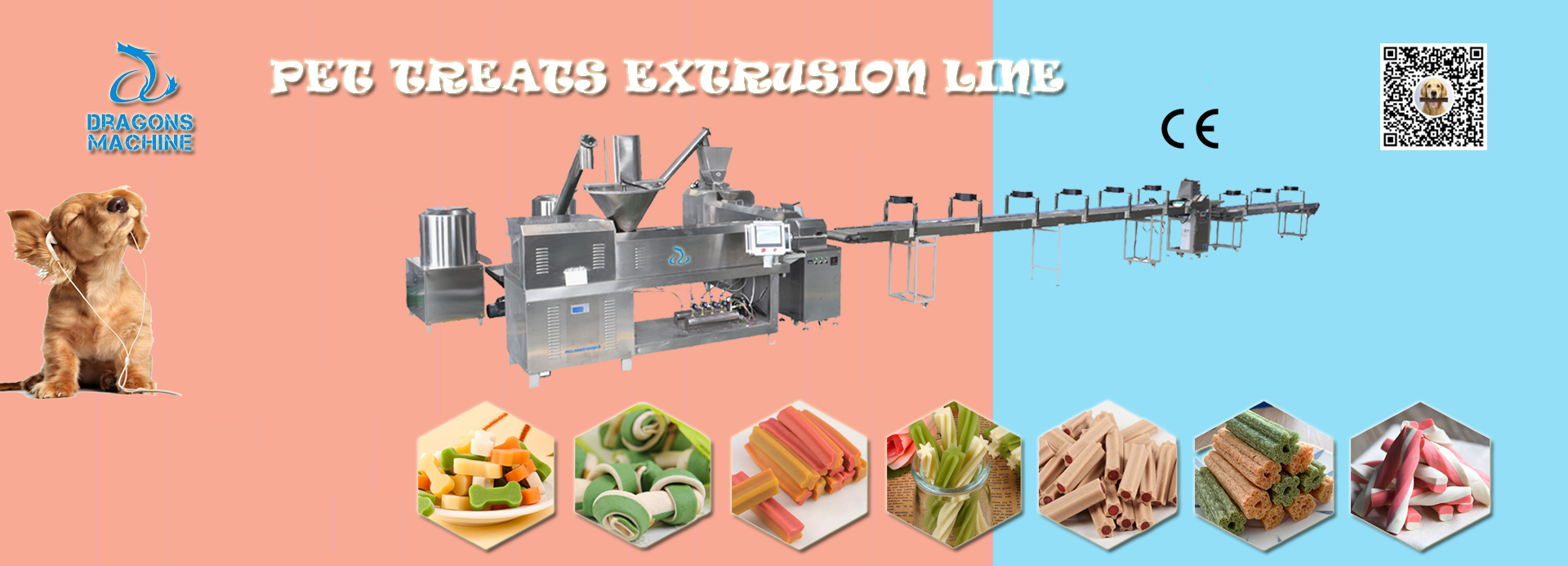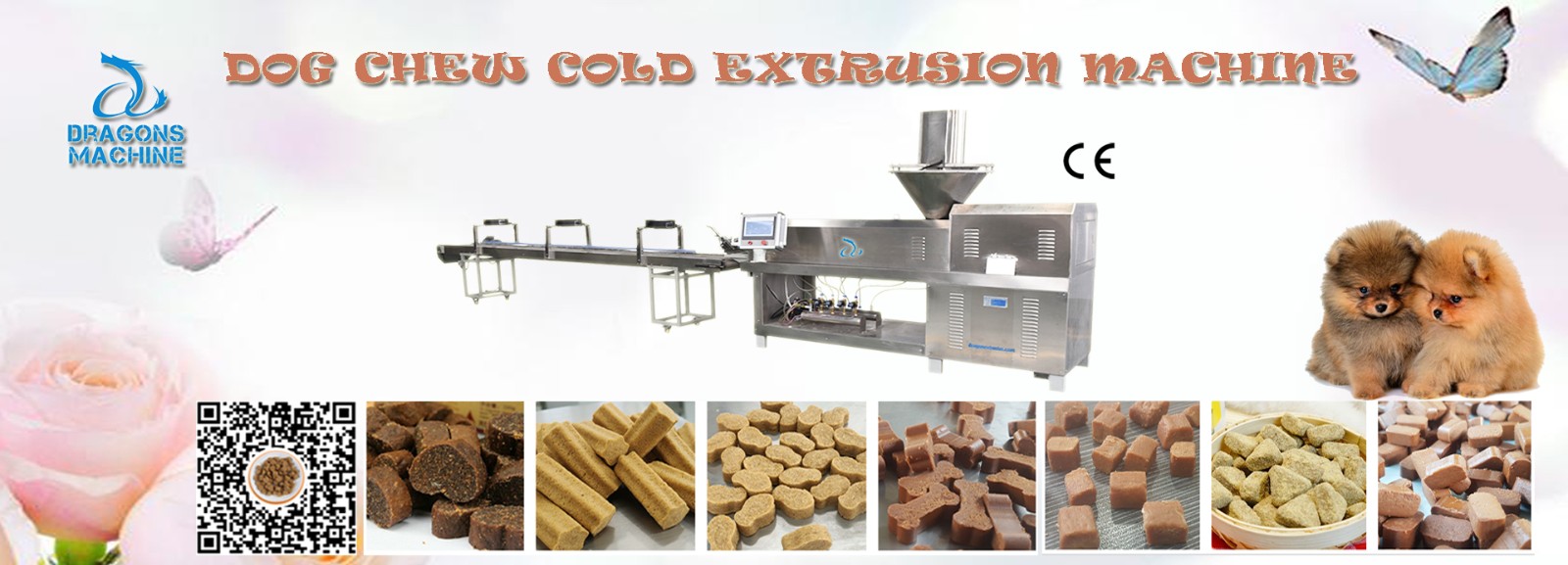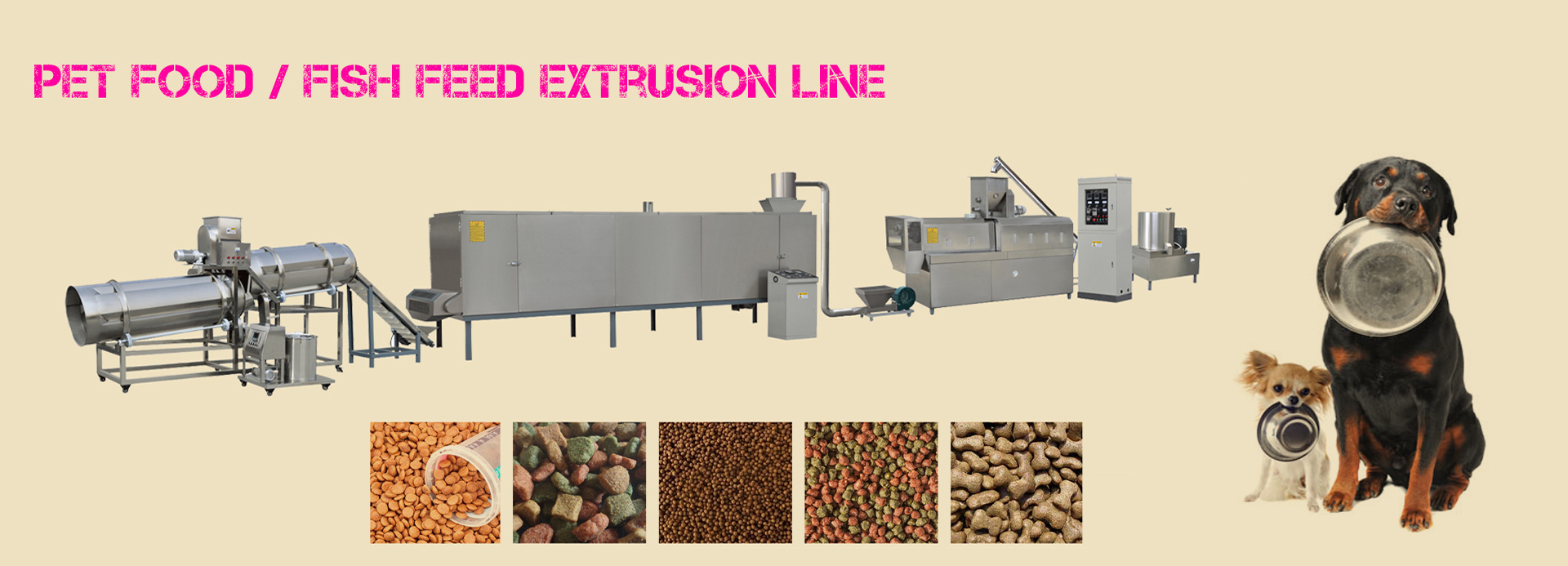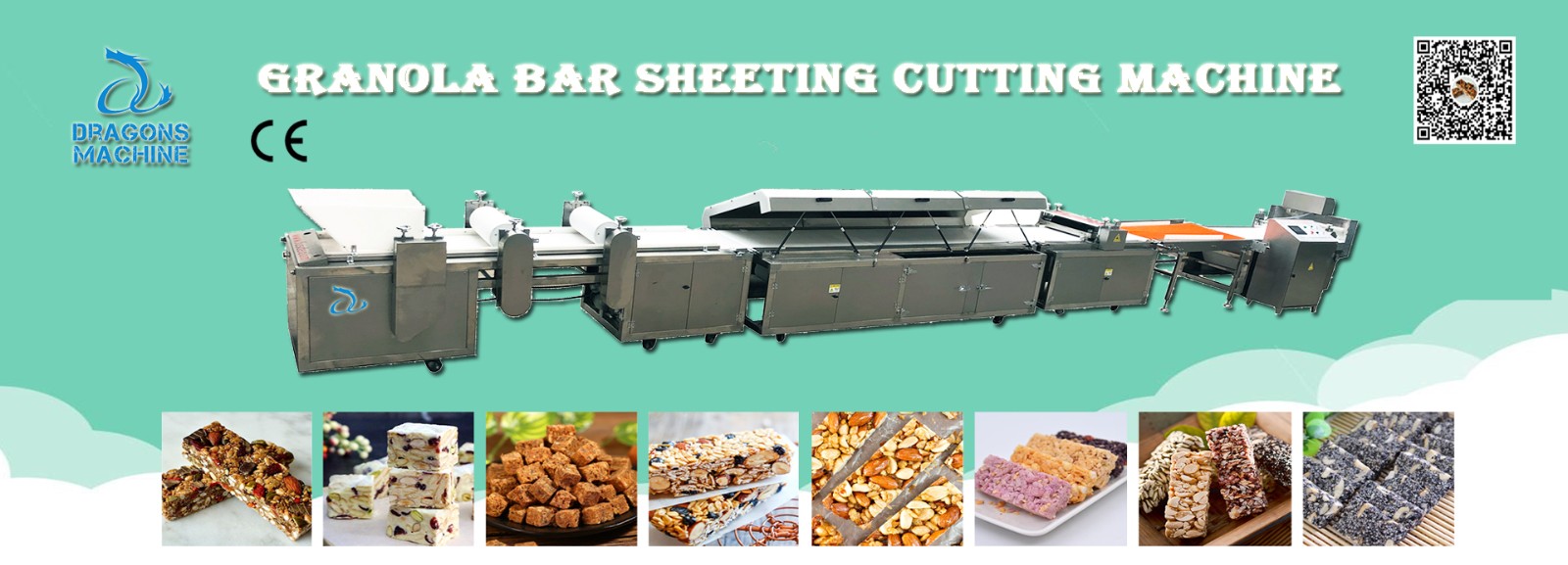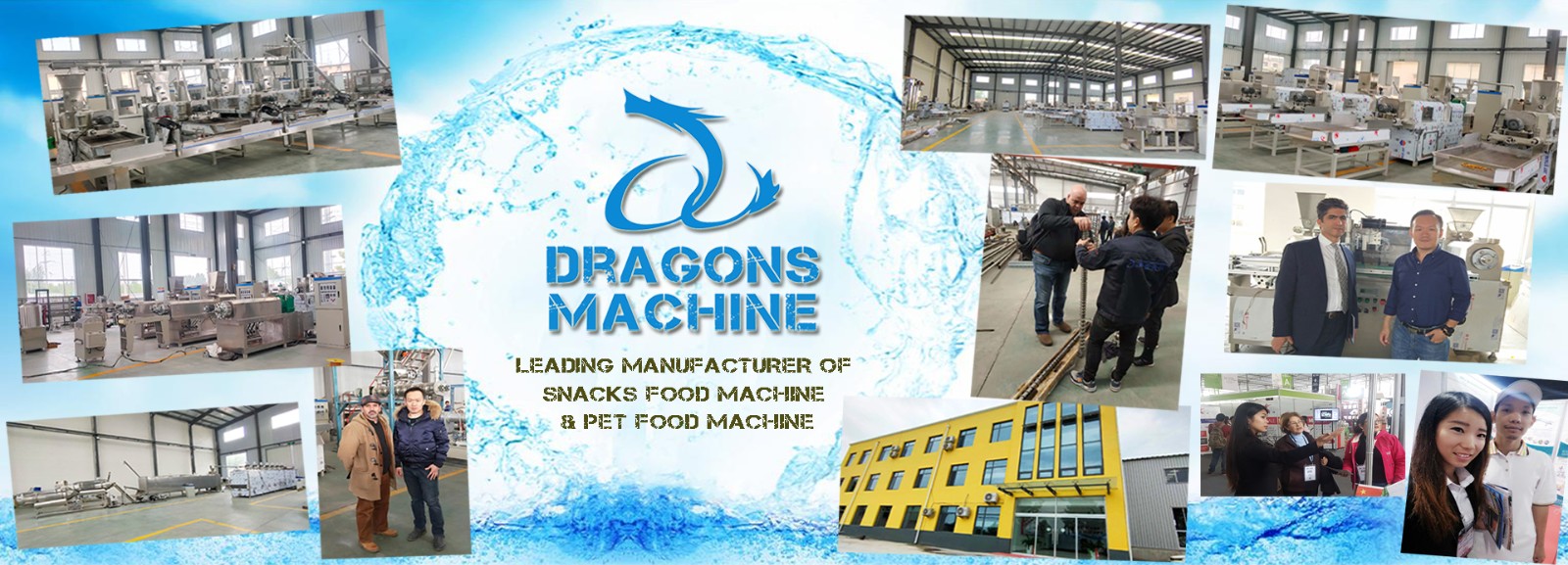Choosing the right protein bar forming machine for your food production business is crucial to ensure efficient operations and high-quality product output. Several factors need to be considered when making this decision. Let's explore these factors in detail:
1. Production Capacity:
One of the primary considerations is the production capacity of the protein bar forming machine. Assess your production requirements in terms of the desired output volume and frequency. Consider factors such as the size of your target market, production goals, and growth projections. Choose a machine that can meet your current production needs while allowing room for future scalability.
2. Machine Size and Footprint:
Evaluate the available space in your production facility and consider the size and footprint of the protein bar forming machine. Ensure that the machine fits comfortably within your production area without causing disruptions to workflow or compromising safety. Take into account factors such as machine dimensions, clearance requirements, and accessibility for maintenance and cleaning.
3. Flexibility and Customization:
Consider the flexibility and customization options offered by the protein bar forming machine. Determine whether the machine allows for easy adjustments to accommodate different bar sizes, shapes, and formulations. Look for features such as adjustable molds, variable speed controls, and the ability to incorporate different ingredients or fillings. This flexibility enables you to cater to diverse consumer preferences and adapt to changing market demands.
4. Ease of Use and Automation:
Choose a protein bar forming machine that is user-friendly and easy to operate. Consider the level of automation provided by the machine, such as touchscreen controls, intuitive interfaces, and programmable settings. Automation features can enhance efficiency, reduce human error, and streamline production processes. Additionally, ensure that the machine's operation and maintenance procedures are well-documented and supported by comprehensive training materials.
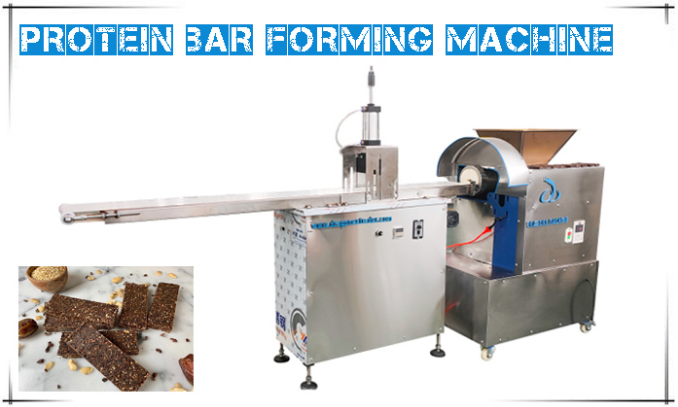
5. Quality and Consistency:
The quality and consistency of the protein bars produced by the machine are crucial factors to consider. Evaluate the machine's ability to consistently produce protein bars with uniform shape, weight, texture, and appearance. Look for features that ensure accurate portioning and precise control over shaping and forming processes. Request product samples or demonstrations from manufacturers to assess the quality of the bars produced by the machine.
6. Construction and Durability:
Assess the construction quality and durability of the protein bar forming machine. It should be built with robust materials that can withstand the rigors of continuous operation. Consider factors such as stainless steel components, corrosion resistance, and overall machine reliability. A well-built machine will require minimal maintenance, reduce downtime, and contribute to long-term cost-effectiveness.
7. Maintenance and Cleaning:
Consider the maintenance requirements and ease of cleaning associated with the protein bar forming machine. Look for features that facilitate routine maintenance tasks, such as easy access to critical components, tool-free disassembly, and replaceable wear parts. Additionally, consider machines with features designed for easy cleaning, such as removable conveyors, self-draining surfaces, and sanitary design principles. Ensuring proper maintenance and hygiene practices are essential for food safety and equipment longevity.
8. Safety Features:
Prioritize the safety features incorporated into the protein bar forming machine. Look for features such as emergency stop buttons, safety guards, and sensors that prevent operation when access doors are open. Consider additional safety features specific to your production environment, such as explosion-proof or flame-retardant designs if necessary. Safety should always be a top priority to protect both operators and the integrity of your products.
9. Manufacturer Support and Reputation:
Evaluate the reputation and track record of the machine manufacturer. Research their experience in the industry, customer reviews and testimonials, and their commitment to customer support. A reputable manufacturer will provide technical assistance, spare parts availability, and after-sales support. This ensures that any issues or concerns can be addressed promptly, minimizing downtime and disruptions to your production process.
10. Cost and Return on Investment (ROI):
Finally, consider the overall cost of the protein bar forming machine and the potential return on investment. Compare prices from different manufacturers, but also take into account factors such as machine quality, performance, and support. Assess the potential cost savings and operational efficiencies the machine can offer in terms of labor reduction, increased production capacity, and improved product quality. Evaluate the projected ROI based on your production volume and pricing strategy.
Conclusion
Selecting the right protein bar forming machine requires careful consideration of factors such as production capacity, machine size, flexibility, ease of use, quality, construction, maintenance, safety features, manufacturer support, and overall cost. By thoroughly assessing these factors and aligning them with your business requirements, you can make an informed decision that will contribute to the success and growth of your protein bar production operations.
















